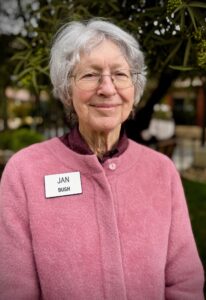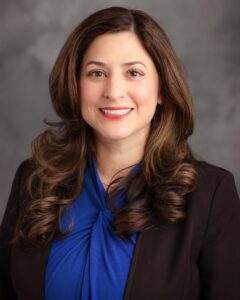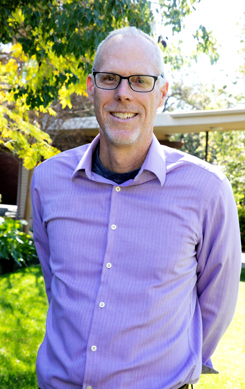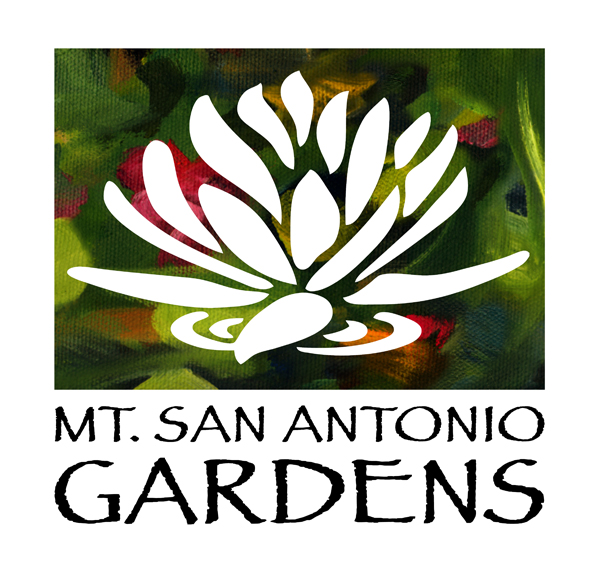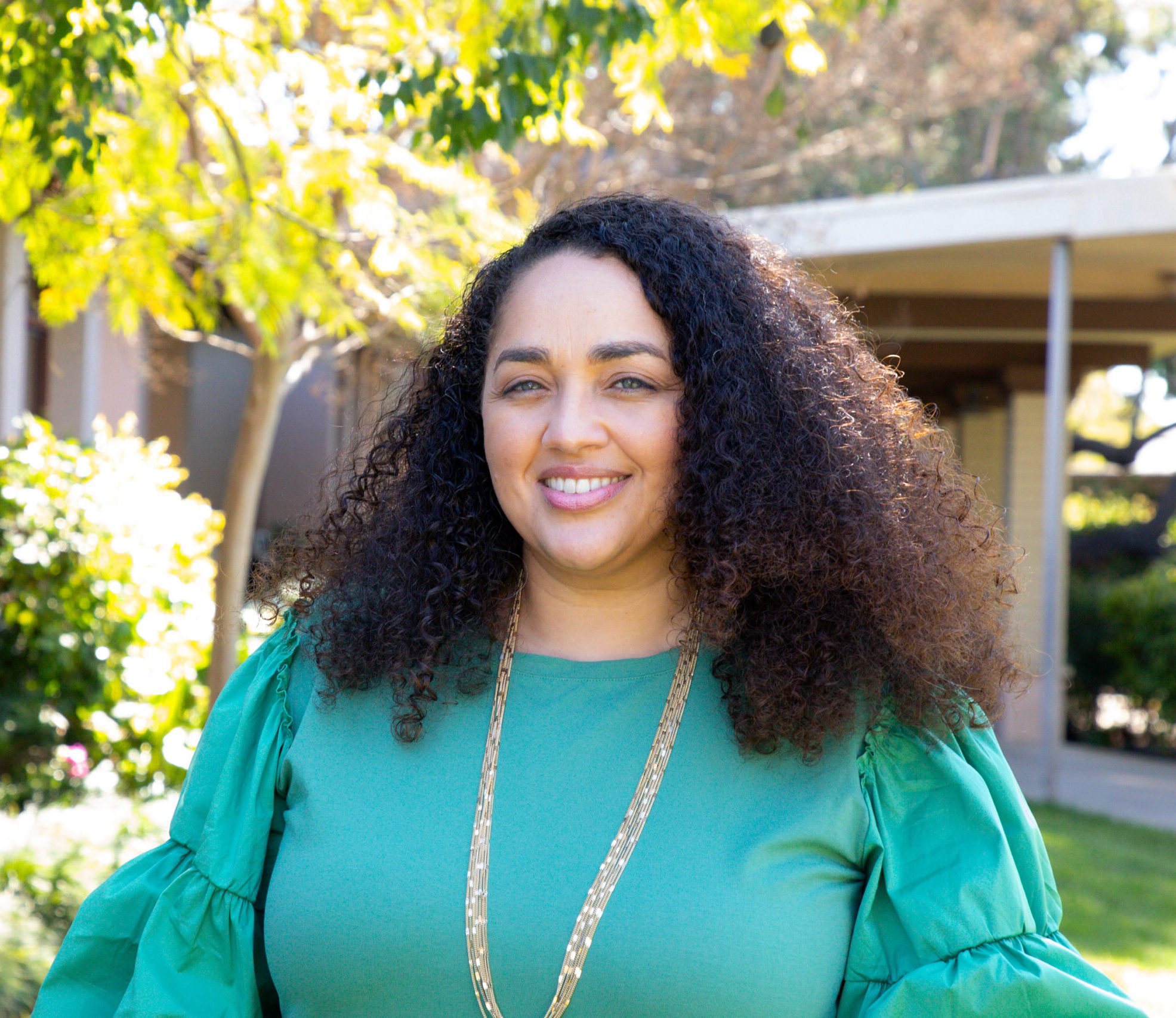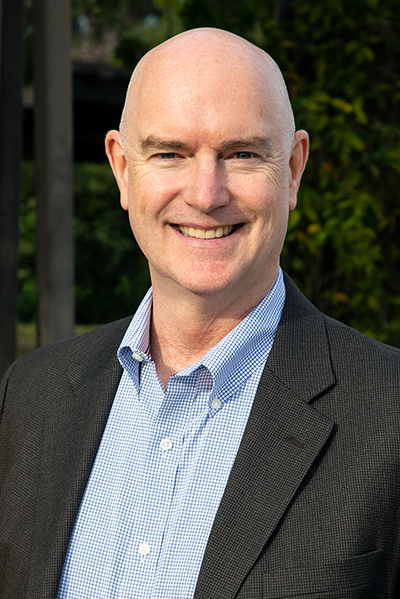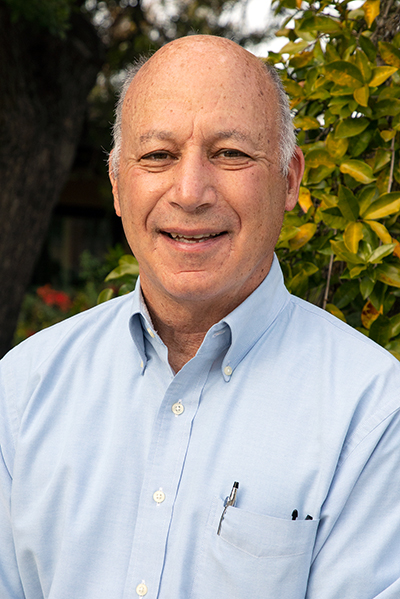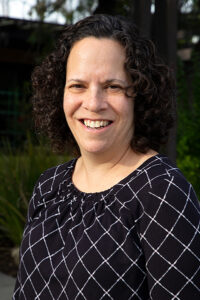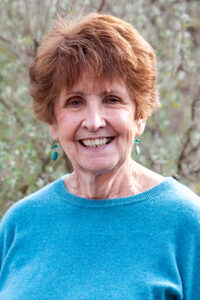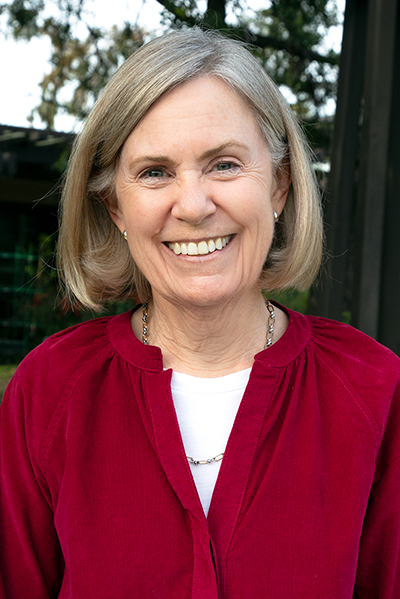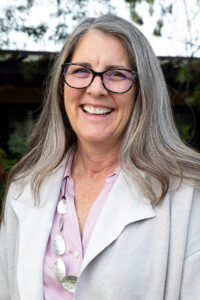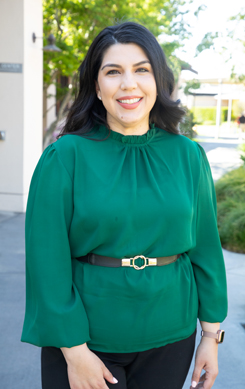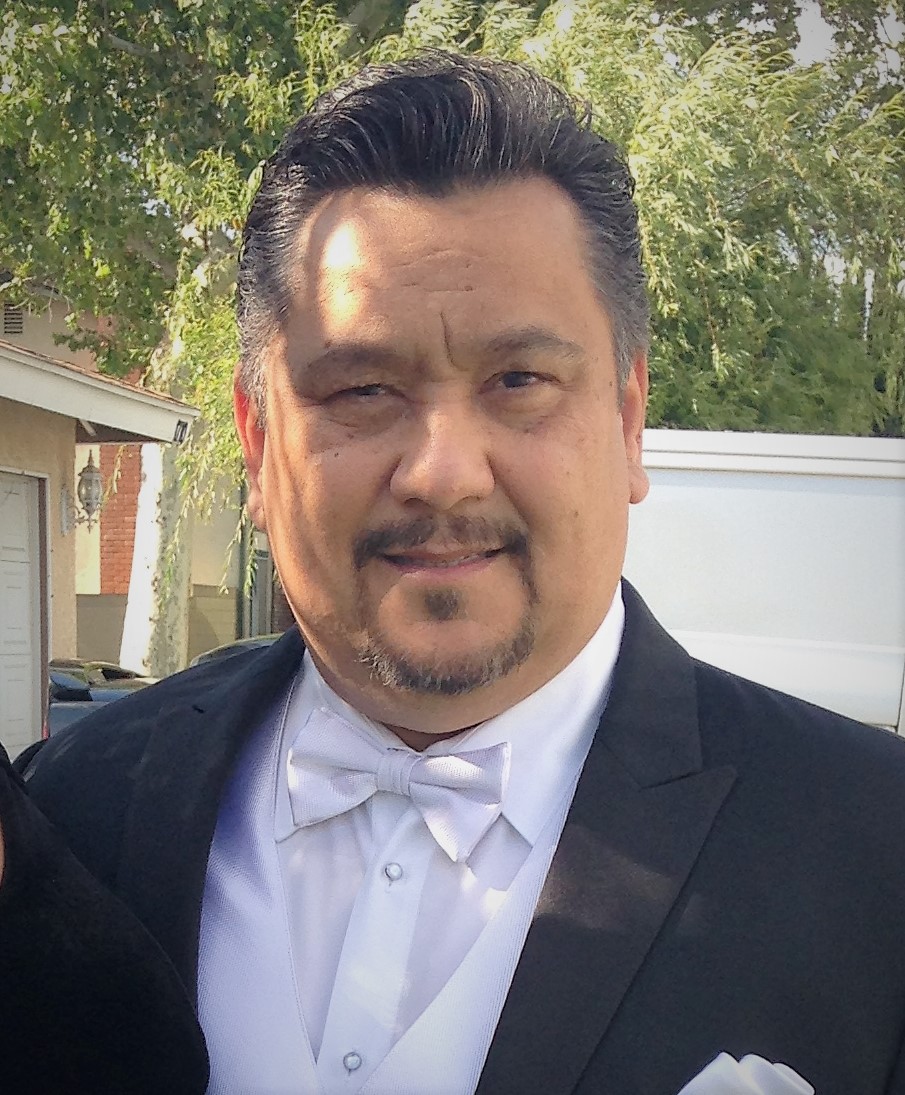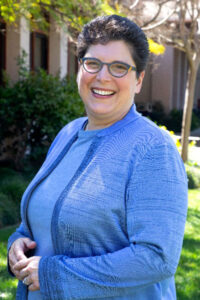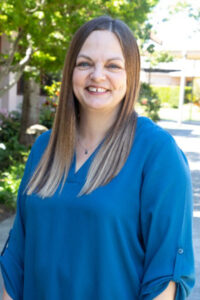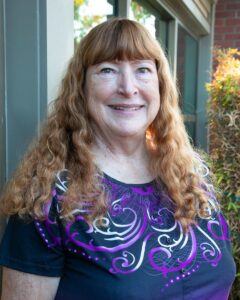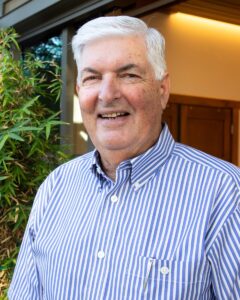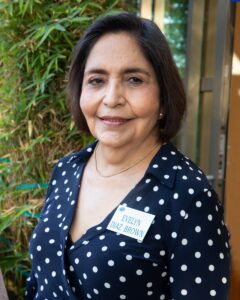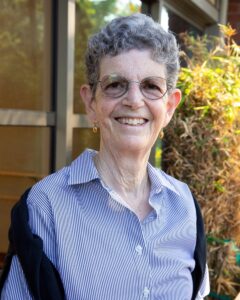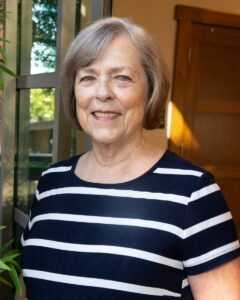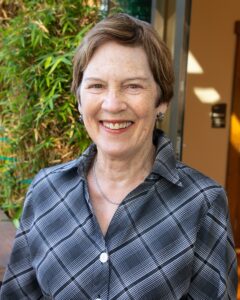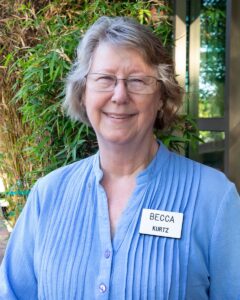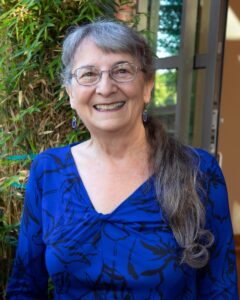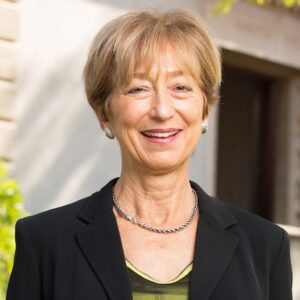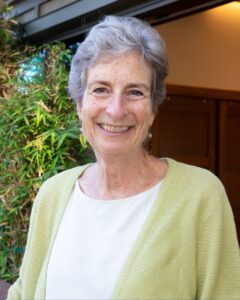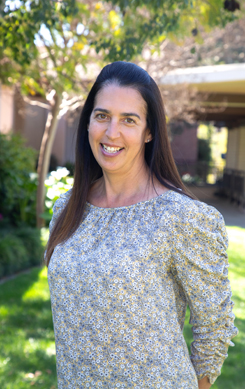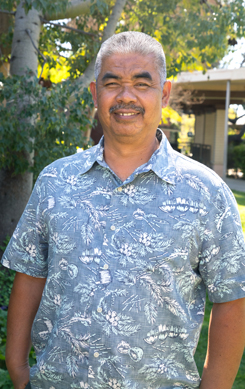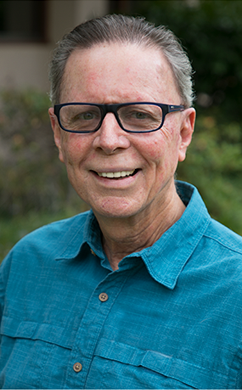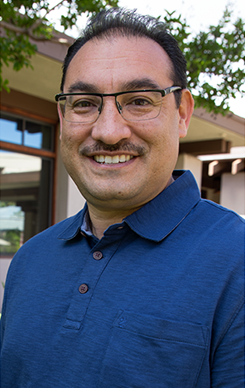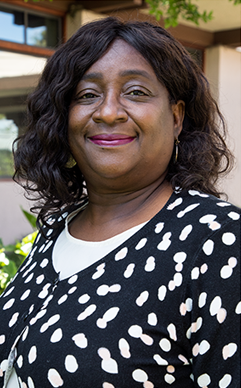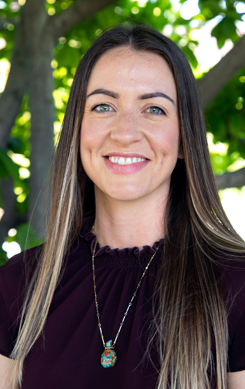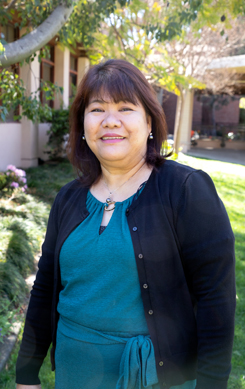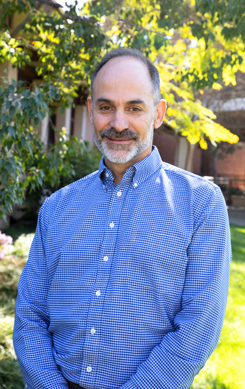Senior Living Terminology
Assisted Living provides some degree of supportive care with the Activities of Daily Living (ADLs) based on personal need. The assistance provided can include help with bathing, dressing, and medication management.
A Continuing Care Retirement Community, also known as a Life Plan Community, provides independent living options and an amenity-rich lifestyle with access to on-site, high-level care should the need arise. You enter while independent and pay an entrance fee. Access to assisted living and skilled nursing is guaranteed IF space is available. All Life Care Communities, like Mt. San Antonio Gardens, are CCRCs but not all CCRCs are Life Care Communities.
An Entrance or Founders Fee is an up-front fee paid on behalf of a person entering a CCRC or LPC for the purpose of ensuring care or other related services. Entrance Fees may vary depending on many factors including age at the time of move-in and home style of your choice.
High Acuity Assisted Living Care offers an enhanced level of individualized care, support with the Activities of Daily Living (ADLs), and programming for individuals with distinct healthcare needs beyond the level of care regularly provided in Assisted Living.
Independent Living residents move into our community when they are in relatively good health. Residents are able to pursue their activities of choice without significant physical or mental impairment and are able to independently care for oneself.
A Life Care Community provides independent living options and an amenity-rich lifestyle with access to on-site, high-level care should the need arise. To qualify for a Life Care contract, you enter while independent and in relatively good health. An entrance fee and monthly fee are required. The community guarantees your future care is provided at the same monthly fee regardless of the level of care needed. A Life Care Community acts like long-term care insurance and covers the costs of care, both assisted living and skilled nursing care.
Memory Care provides safe, secure surroundings where residents with memory impairment can receive intensive care on a personal basis and in a structured environment.
Skilled Nursing provides around-the-clock, 24-hour nursing care.






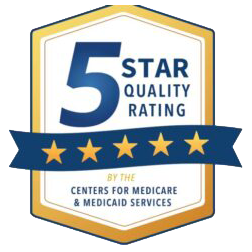
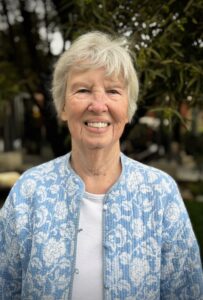 Jane Hurd is a Gardens resident, she was born & raised in a small town in Arkansas. After she received her BA from the University of Arkansas she moved to California and taught seventh grade English in Porterville CA. After two years she moved to Los Angeles and worked for the Department of Health Services and pursued a master’s degree in public administration from USC. She served as CEO for two Los Angeles area hospitals. She continues to consult as an executive coach for CEOs of healthcare companies. She has served on several boards including Mutual of America Insurance Company, YMCA of Metropolitan LA, LA Visiting Nurses Association and Inland Empire Girl Scouts. Jane is an award-winning author and plays several musical instruments. Here at the Gardens, Jane is part of the newly formed Bequest Committee, as well as many other groups through the Gardens Club.
Jane Hurd is a Gardens resident, she was born & raised in a small town in Arkansas. After she received her BA from the University of Arkansas she moved to California and taught seventh grade English in Porterville CA. After two years she moved to Los Angeles and worked for the Department of Health Services and pursued a master’s degree in public administration from USC. She served as CEO for two Los Angeles area hospitals. She continues to consult as an executive coach for CEOs of healthcare companies. She has served on several boards including Mutual of America Insurance Company, YMCA of Metropolitan LA, LA Visiting Nurses Association and Inland Empire Girl Scouts. Jane is an award-winning author and plays several musical instruments. Here at the Gardens, Jane is part of the newly formed Bequest Committee, as well as many other groups through the Gardens Club. Jay Labinger is a Gardens resident, he was born and raised in Los Angeles, CA. Jay received his Bachelor of Science in Chemistry from Harvey Mudd College. He attended Harvard University where he earned a Ph.D. He was an Assistant Professor of Chemistry at the University of Notre Dame. His career has included positions with Occidental Research Corporation & Atlantic Richfield. He is the Administrator of Beckman Institute at the California Institute of Technology as well as a Faculty Associate in the Chemistry Department. He enjoys reading, playing the piano, tennis and traveling. He has published books on the history of chemistry, sociology of science and literature & science. Here at the Gardens, Jay is part of the Conservation & Sustainability Committee the Green Fund as well as many other groups through the Gardens Club.
Jay Labinger is a Gardens resident, he was born and raised in Los Angeles, CA. Jay received his Bachelor of Science in Chemistry from Harvey Mudd College. He attended Harvard University where he earned a Ph.D. He was an Assistant Professor of Chemistry at the University of Notre Dame. His career has included positions with Occidental Research Corporation & Atlantic Richfield. He is the Administrator of Beckman Institute at the California Institute of Technology as well as a Faculty Associate in the Chemistry Department. He enjoys reading, playing the piano, tennis and traveling. He has published books on the history of chemistry, sociology of science and literature & science. Here at the Gardens, Jay is part of the Conservation & Sustainability Committee the Green Fund as well as many other groups through the Gardens Club.